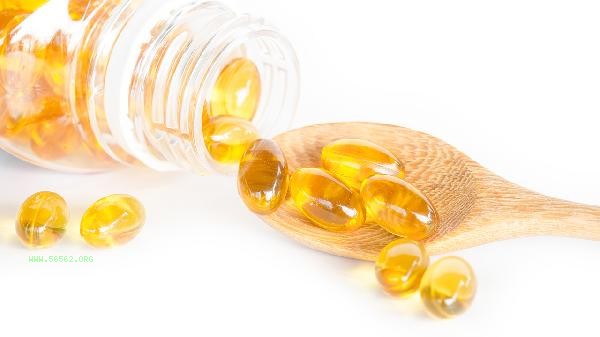Women's supplementation of vitamin C or vitamin E should be determined according to individual needs. Vitamin C helps with antioxidant and immune regulation, while vitamin E focuses on skin protection and reproductive health. The selection is mainly influenced by factors such as differences in skin condition, antioxidant requirements, physiological stages, dietary intake, and disease risk.

1. Differences in skin condition
Vitamin C can promote collagen synthesis, improve skin elasticity and radiance, and is suitable for people with whitening and spot lightening needs or those exposed to high levels of ultraviolet radiation. Vitamin E reduces water loss by protecting cell membranes, making it more suitable for dry skin or those with damaged skin barriers. The synergistic use of the two can enhance the photo aging protection effect.
II. Differences in antioxidant requirements
Vitamin C mainly neutralizes water-soluble free radicals and exerts antioxidant effects in body fluids and blood, with significant effects on exogenous oxidative stress such as smoking and air pollution. Vitamin E is targeted at fat soluble free radicals, which is particularly suitable for protecting cell membranes and lipid tissue, and has potential benefits for preventing atherosclerosis and other chronic diseases.
III. Physiological Stage Differences
Supplementing vitamin E in women of childbearing age can help regulate estrogen levels and alleviate premenstrual syndrome. During pregnancy, it is necessary to increase vitamin C intake to support the development of fetal connective tissue. Supplementing menopausal women with both can improve symptoms of hot flashes, and vitamin E can also reduce the risk of vaginal atrophy.

4. Differences in dietary intake
Citrus fruits, broccoli, and other fruits in daily diet are rich in vitamin C, while nuts and vegetable oils are rich in vitamin E. Long term low-fat diets may lack vitamin E, while those with insufficient fruit intake need to focus on supplementing vitamin C. It is recommended to determine the priority types of supplementation through dietary analysis.
V. Differences in Disease Risk
Individuals with a family history of cardiovascular disease should pay attention to their intake of vitamin E, which can inhibit low-density lipoprotein oxidation. Patients with recurrent infections or slow wound healing should ensure adequate supply of vitamin C. Diabetes patients need to control the dose of vitamin E under the guidance of doctors to avoid affecting blood sugar metabolism.

It is recommended that adult women consume no more than 2000 milligrams of vitamin C and no more than 1000 international units of vitamin E per day. Pregnant women can increase their intake of vitamin E appropriately, and during the postoperative recovery period, they need to increase their intake of vitamin C. Blood routine and trace element testing can accurately determine the deficiency situation, and lactating mothers and chronic disease patients should consult nutritionists to develop personalized plans. Daily attention should be paid to avoiding high temperature cooking that damages vitamins. Eating dark vegetables in combination with nuts can improve absorption rate.



Comments (0)
Leave a Comment
No comments yet
Be the first to share your thoughts!